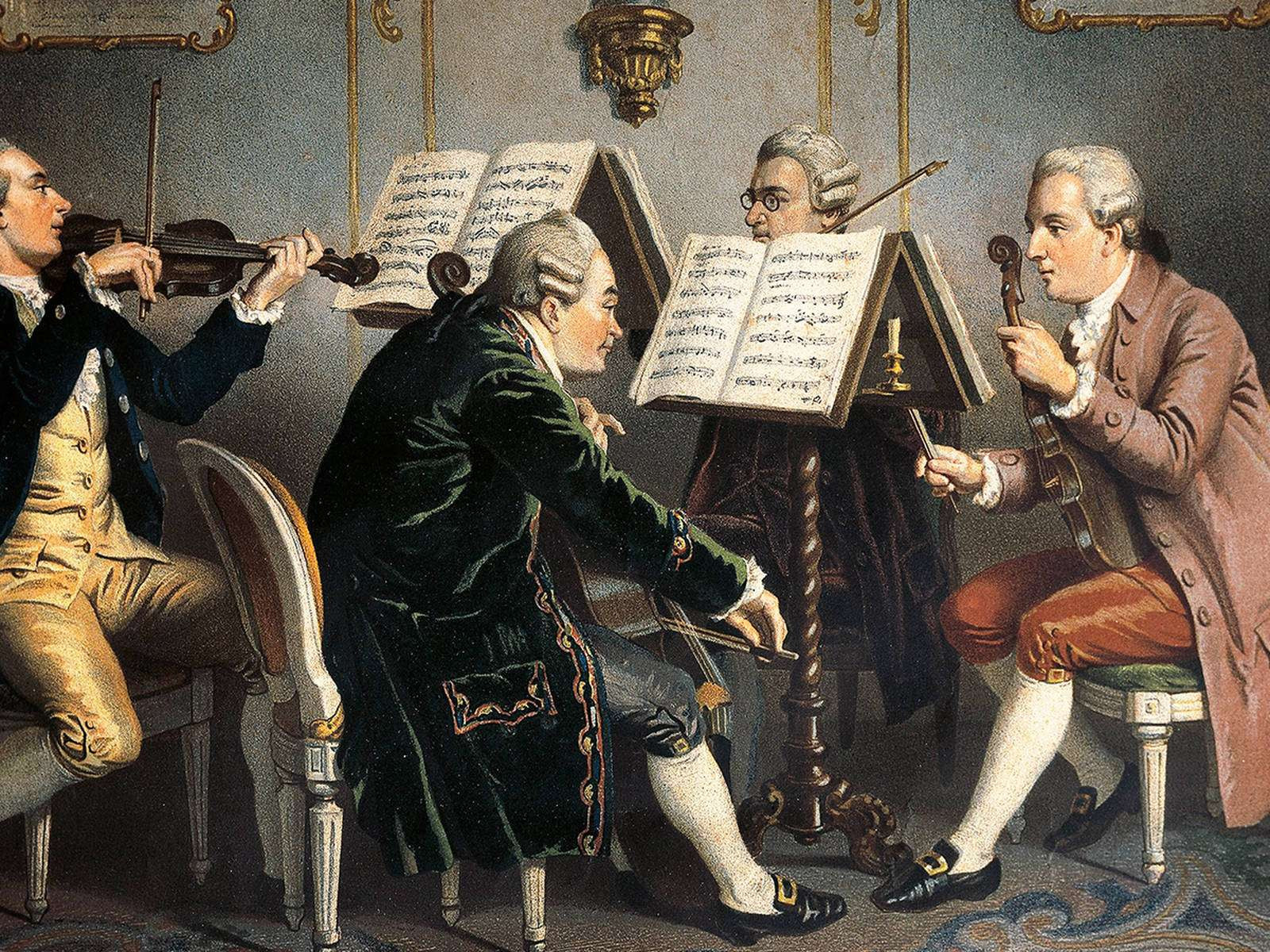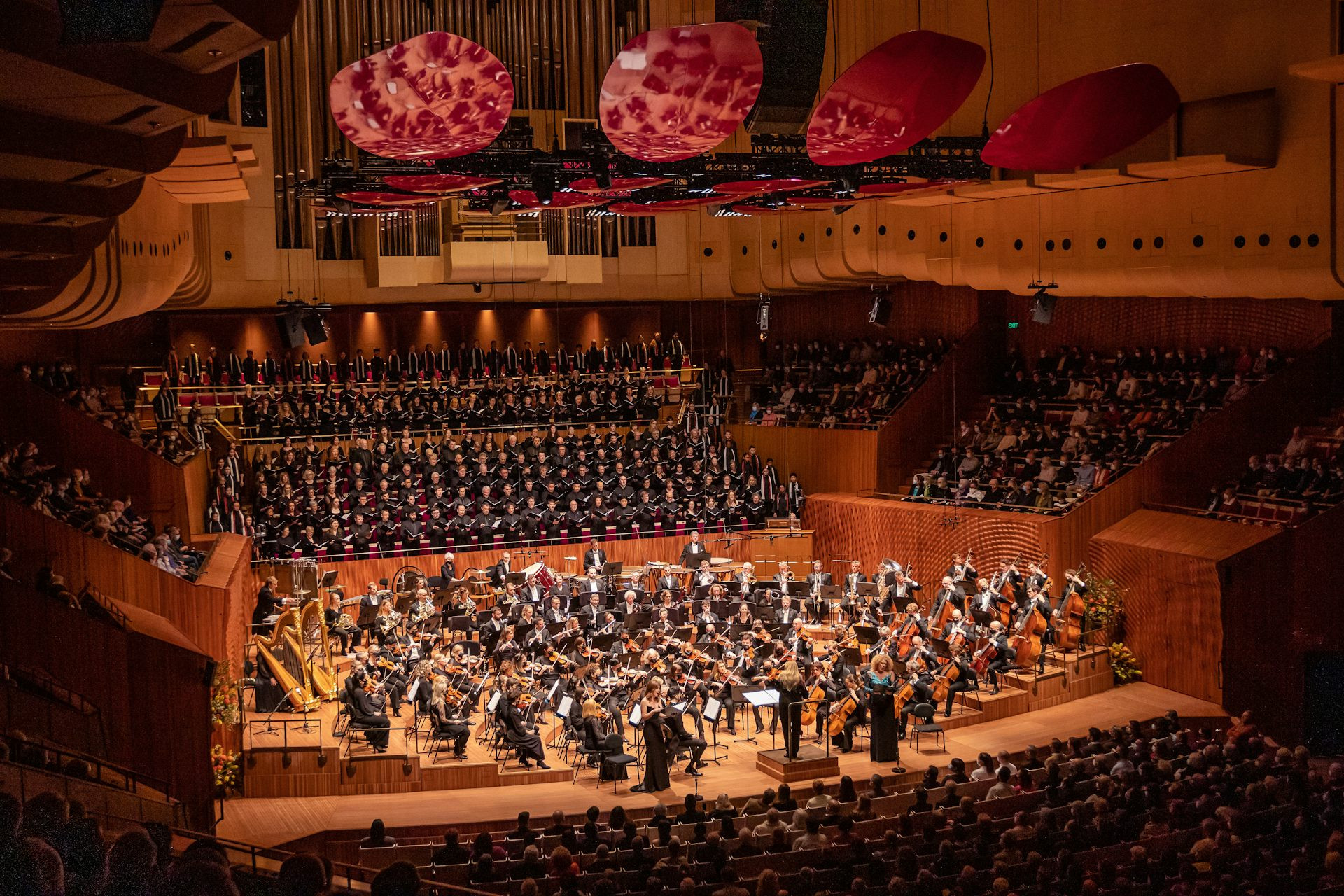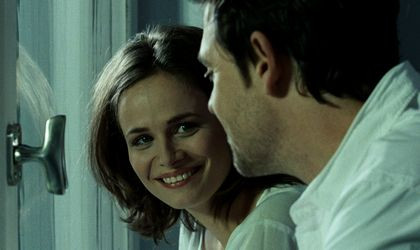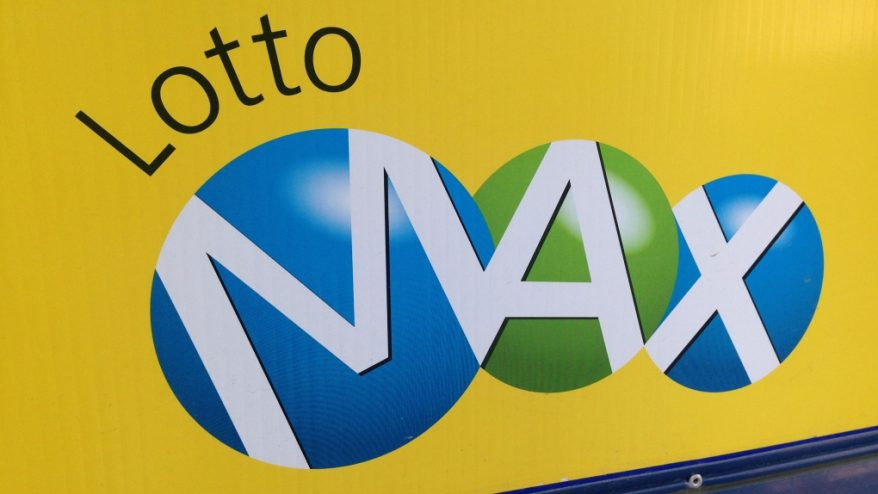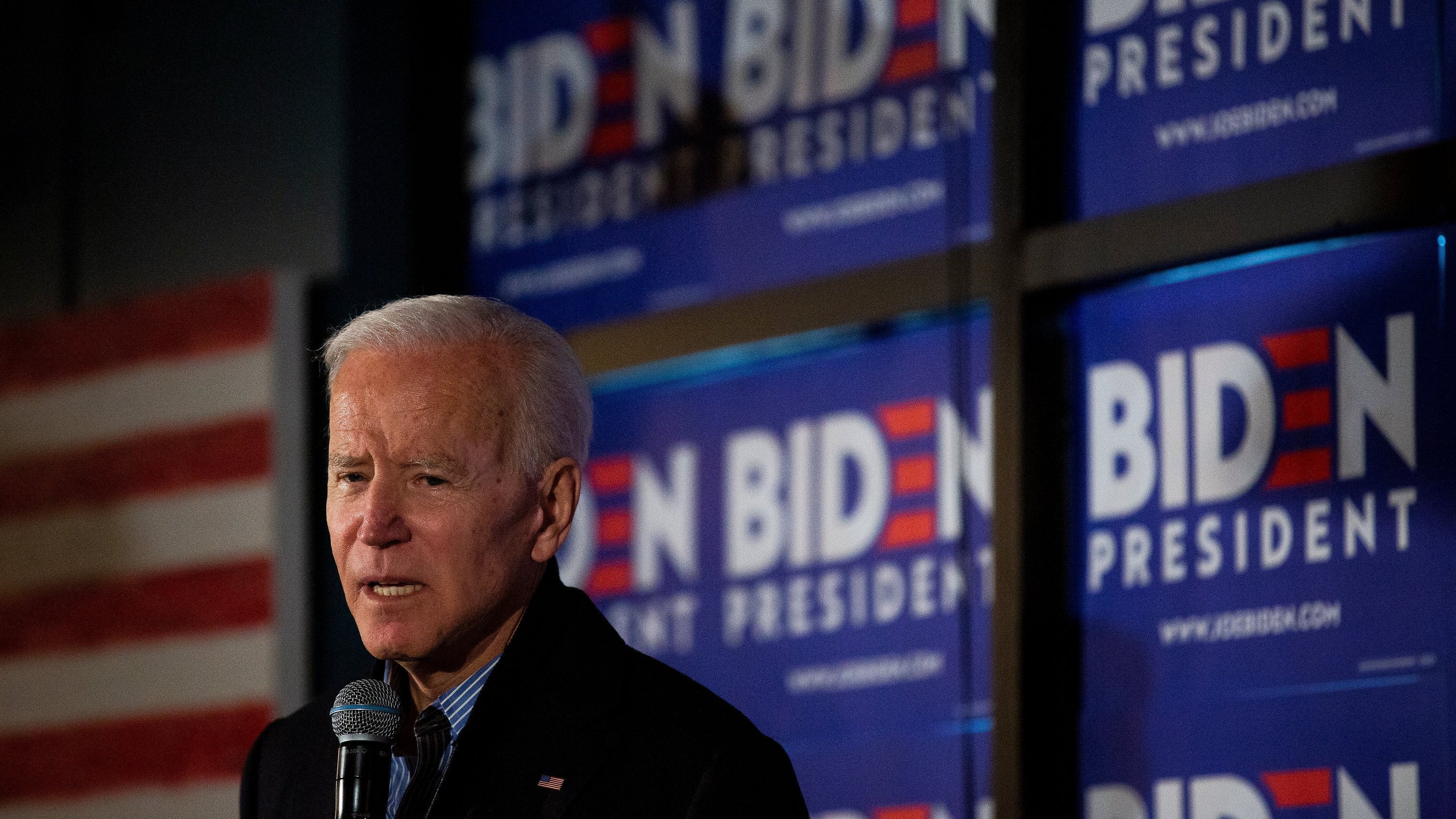In 2019, at a concert by Boston’s Handel and Haydn Society, the final chord of Mozart’s Masonic Funeral Music swelled then ebbed into a reverent silence. On any other evening, the cognoscenti at such an event would freeze for several seconds before launching into applause. But on this occasion, that sacred silence was pierced by a high-pitched “Wow!” from the stalls where Ronan, a nine-year-old with special needs attending with his grandfather, could contain his enthusiasm no longer, delivering his rave review on the spot. The moment was captured by local radio, eventually making its way on to social media where I discovered it with tens of thousands of others. As I listened, I remarked to myself that, as a professional conductor, I’d be thrilled to inspire that kind of spontaneous fascination in a young audience member, especially since childhood exposure to the orchestra is what inspired my love of classical music and a fulfilling career in its service.
I was raised in the Trinidad and Tobago of the late 70s and early 80s where, not being particularly interested in calypso or carnival, I found myself entranced by orchestral movie soundtracks, annual productions from the country’s Opera Society, and television broadcasts of concerts Live from Studio 8H, an NBC venue that hosted the New York Philharmonic (NYP). When I was just Ronan’s age, I had videotaped one such performance featuring soprano Leontyne Price, violinist Itzhak Perlman and conductor Zubin Mehta, watching it ad nauseam until, one tragic day, the machine ate the tape. I realise now that every time I watched that concert, I too thought “Wow!” and imagined what it would be like to hear the NYP play in real life or even do what Mehta was doing.
But what about today’s children? Some commentators would have us believe that attracting young people to orchestral music now is fundamentally more challenging than it was in my youth, associating the genre with a need for everything from prior knowledge to a high income, to say nothing of its demands on modern attention spans, atrophied by the internet and social media. The current context may be different, but in my experience the fundamentals of music reception are constant – and connection is the key.
Whenever I hear people refer to orchestral music as arcane or incompatible with young ears, it occurs to me that any young person who has enjoyed a Marvel or Star Wars movie has heard a lengthy orchestral performance (of a sort) and might well be amenable to hearing and seeing more, were it presented in a similarly imaginative and relatable context. So, in the summer of 2019, I was thrilled to join the already popular CBeebies Proms for Off to the Moon, an “edutainment spectacle” celebrating 50 years since the first astronauts walked on the moon, with giant video screens, a Saturn V rocket model, a new work by Hans Zimmer, beloved TV hosts as crew, and myself cast as the conducting Mission Commander! Cinematic appropriation? Perhaps, but popular cinema has borrowed some of its most evocative musical vocabulary from the concert world, so it’s only fair that the pedagogical concert world should occasionally poach cinema-style storytelling in return.
My own Charlotte Symphony Orchestra (CSO) in North Carolina uses similar methods to create youth-relevant programming. Building on strong relationships with partner schools, upcoming gen Z-targeted projects include concerts showcasing music from popular video games or melding the music of Beethoven and Beyoncé, the likes of which have stoked a recent increase in our youth attendance.
We also take our music outside its usual context: the CSO Roadshow performs directly to communities, upon request by their leadership and in collaboration with them to select the content. All of this at no cost to them, because making orchestral music more accessible is as much a financial consideration as a motivational one. I know this to be true because just nine years after the videotape disaster in Trinidad, I found myself in London among a throng of “Prommers”, having paid mere pocket change to see Mehta, the only conductor of colour I knew, lead the NYP at the Royal Albert Hall. It was my life’s ultimate “Wow!” moment, made possible by the right price.
Since my journey to the moon at the 2019 Proms, I’ve returned to the Royal Albert Hall for an Ocean Adventure in 2022 and again for this year’s Wildlife Jamboree – not least because paying forward the “power of wow” from the very platform that delivered it to me as a boy has been uniquely fulfilling. At my most recent CBeebies Prom, as I walked on stage, I heard a pre-applause gasp from the audience that perplexed me. Backstage after the show, the director shared with me that this was in fact the moment the kids had excitedly recognised their trusted musical friend and the only conductor they knew, thanks to watching previous Proms on iPlayer. I thought: if this signals the start of a lifelong musical journey for even a handful of them, then the circle is complete. Mission accomplished.
Engaging Young Audiences Through Music
The Power of Storytelling
In the current digital landscape, where attention spans are often limited and access to information is vast, it’s more crucial than ever for classical music organizations to find creative ways to engage young audiences. While some may think that classical music is out of touch with modern sensibilities, I believe that the opposite is true. Classical music can be a powerful tool for storytelling and can connect with young people on a deep emotional level.
Using Popular Culture as a Bridge
By integrating elements of popular culture into their performances, classical music organizations can make the experience more accessible and appealing to a younger generation. This can include incorporating music from popular video games, movies, or television shows, or even collaborating with artists from other genres. The key is to find ways to make classical music relevant to their lives and interests.
The Importance of Accessibility
Financial barriers can also prevent young people from experiencing classical music. Organizations can overcome these barriers by offering affordable or free concerts, providing scholarships for aspiring musicians, and partnering with community organizations to reach underserved populations. By making classical music more accessible, we can help ensure that everyone has the opportunity to experience its beauty and power.
The Future of Classical Music
The future of classical music is bright. As more organizations embrace innovative approaches to programming, outreach, and education, they will continue to connect with young audiences and cultivate a love for this timeless art form. By investing in the next generation of music lovers, we can ensure that the legacy of classical music will continue to thrive for generations to come.
Mission Accomplished: A Conductor's Reflections
As a conductor, I’m deeply passionate about making classical music accessible and engaging for all audiences. I’m constantly inspired by the young people I meet who are discovering the beauty and power of orchestral music for the first time. Their enthusiasm reminds me why I do what I do. It’s a reminder that the magic of music can transcend generations, bringing people together in a shared experience that is both timeless and transformative.




